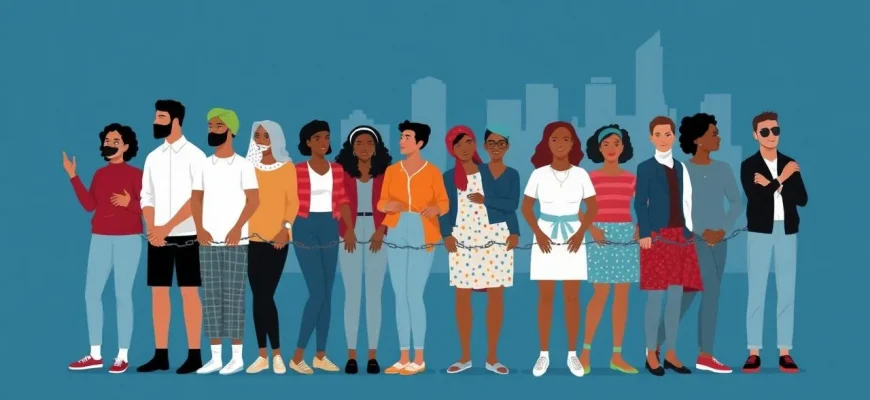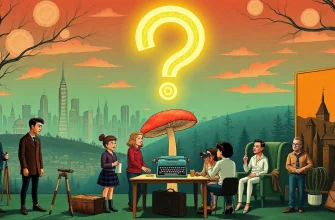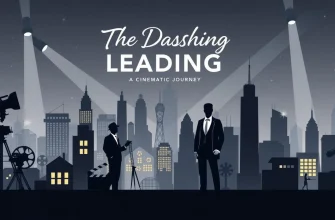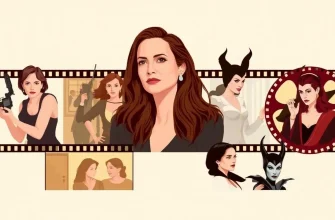This curated list of films delves into the complex and often painful history of civil rights movements and the ongoing battle against racism. These movies not only entertain but educate, shedding light on the struggles, triumphs, and the relentless pursuit of justice and equality. They are essential viewing for anyone interested in understanding the social dynamics of race and civil rights in America and beyond.

To Kill a Mockingbird (1962)
Description: This classic film adaptation of Harper Lee's novel addresses racial injustice through the story of Atticus Finch, a lawyer defending a black man falsely accused of rape in the Deep South.
Fact: Gregory Peck won an Academy Award for his role as Atticus Finch. The film was nominated for eight Oscars in total.
 Watch Now
Watch Now 
Malcolm X (1992)
Description: Spike Lee's epic biopic captures the life of Malcolm X, from his early days as a street hustler to his transformation into one of the most influential leaders of the civil rights movement.
Fact: Denzel Washington gained 50 pounds for the role and converted to Islam during the filming. The film was nominated for two Academy Awards.
 Watch Now
Watch Now 
The Great Debaters (2007)
Description: Inspired by the true story of the Wiley College debate team, this film showcases their journey to challenge Harvard in the 1930s, highlighting the power of education and debate in the fight against racial segregation.
Fact: Denzel Washington directed and starred in the film. The character of Melvin B. Tolson, played by Washington, was a real-life poet and professor who coached the team.
 Watch Now
Watch Now 
Selma (2014)
Description: "Selma" chronicles the tumultuous three-month period in 1965 when Dr. Martin Luther King Jr. led a campaign to secure equal voting rights via an epic march from Selma to Montgomery, Alabama. It's a poignant portrayal of the civil rights movement's pivotal moment.
Fact: The film was shot in Georgia, not Alabama, due to tax incentives. Oprah Winfrey, who plays Annie Lee Cooper, was also one of the film's producers.
 Watch Now
Watch Now 
The Butler (2013)
Description: "The Butler" follows Cecil Gaines, who serves as a butler in the White House for seven American presidents, witnessing firsthand the civil rights movement's evolution.
Fact: The film was inspired by the life of Eugene Allen, who served as a White House butler for 34 years. Oprah Winfrey plays his wife, Gloria.
 Watch Now
Watch Now 
The Help (2011)
Description: Set in the early 1960s in Mississippi, "The Help" explores the lives of African-American maids and their white employers, highlighting the racial tensions and the beginning of the civil rights movement from a unique perspective.
Fact: The film was adapted from Kathryn Stockett's best-selling novel. The author's own maid, Demetrie, inspired the character of Aibileen.
 Watch Now
Watch Now 
12 Years a Slave (2013)
Description: Based on Solomon Northup's memoir, this film recounts his kidnapping in Washington, D.C., and subsequent sale into slavery in Louisiana. It's a harrowing look at the brutality of slavery and the resilience of the human spirit.
Fact: The film won three Academy Awards, including Best Picture. It was the first film directed by a black director (Steve McQueen) to win Best Picture.
 Watch Now
Watch Now 
Fruitvale Station (2013)
Description: "Fruitvale Station" recounts the last day in the life of Oscar Grant, a young African-American man who was killed by BART police in Oakland, California, sparking widespread protests.
Fact: This was the directorial debut of Ryan Coogler, who later directed "Black Panther." The film won the Grand Jury Prize and the Audience Award at the Sundance Film Festival.
 Watch Now
Watch Now 
Loving (2016)
Description: "Loving" tells the real-life story of Richard and Mildred Loving, an interracial couple whose marriage led to the landmark Supreme Court case that struck down laws banning interracial marriage.
Fact: The film was shot in the actual locations where the events took place, including the Lovings' home. It was critically acclaimed for its understated storytelling.
 Watch Now
Watch Now 
Mississippi Burning (1988)
Description: This film dramatizes the FBI investigation into the disappearance of three civil rights workers in Mississippi in 1964, showcasing the deep-seated racism and the struggle for justice.
Fact: The film was loosely based on real events but took creative liberties for dramatic effect. It was controversial for its portrayal of the FBI's role in civil rights.
 30 Days Free
30 Days Free 








